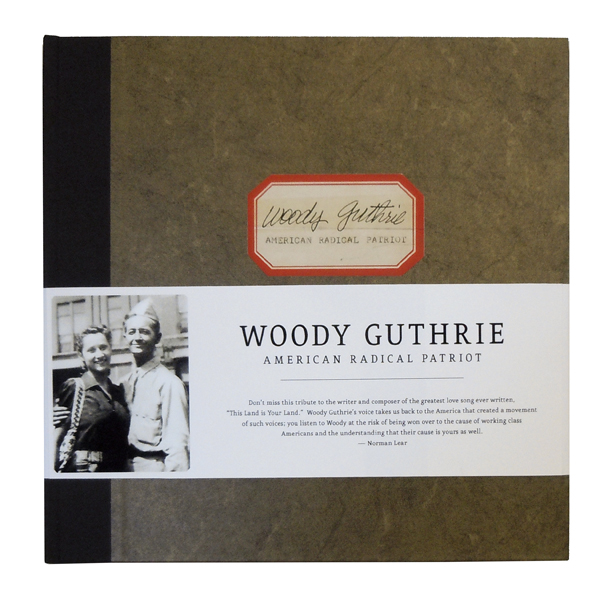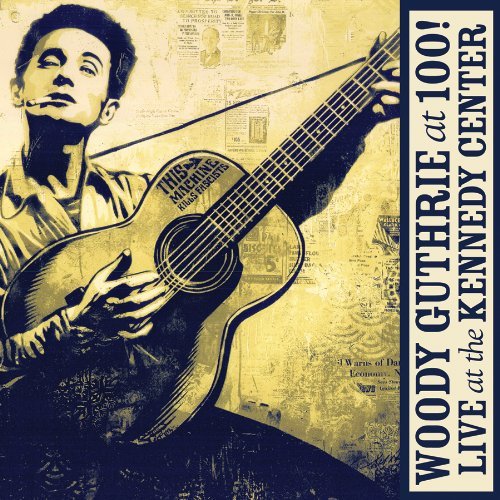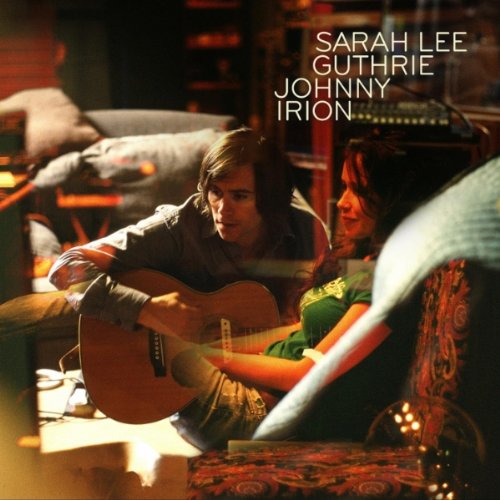Various Artists/Home In This World- Woody Guthrie’s Dustbowl Ballads/Elektra
3.5 Out of Five Stars
There’s been no shortage of tributes to the original American journeyman, Woody Guthrie. That’s easy to understand; after all, with the exception of the late Pete Seeger, Guthrie remains the most hallowed folksinger this country’s ever produced. His populist anthems are a cornerstone of this nation’s musical firmament, and without him, Bob Dylan, Bruce Springsteen, John Mellencamp, Joan Baez, and any number of other timeless troubadours would have been bereft of both inspiration and a basis for their own artistic ambitions.
Videos by American Songwriter
The Carnegie Hall concert that took place in January 1968 only a few months after Woody’s passing featured some of his most dedicated disciples at the time—Dylan, his son Arlo, Joan Baez, Pete Seeger, Judy Collins, Ramblin’ Jack Elliott, Richie Havens, Tom Paxton, and Odetta. It was among the first significant tributes to his legacy, but it certainly wasn’t the last. Nearly 55 years after his passing, Guthrie is still revered as this particular volume attests.

This latest compilation culls a varied cast of current artists to cover these so-called “Dustbowl Ballads,” a series of songs that detailed the horrors and hardships encountered by those living in the drought-stricken Southern Plains during the debilitating dust storms of the 1930s. Though these songs reference that particular time and place, each of these current covers captures the essence of Woody’s approach— simple, straightforward, and without any frivolous embellishment.
Colter Wall’s gritty rendition of “Do Re Mi,” Shovel & Rope’s modest take on “Dust Bowl Blues,” the steady stomp of Mark Lanegan’s “Dust Pneumonia Blues,” Waxahatchee’s down-home read of “Talking Dust Bowl Blues,” Parker Millsap’s meditative “Vigilante Man,” and Swamp Dogg’s gritty “Dust Bowl Refuge” find each of the artists involved intent on delivering the material in a way that reflected Guthrie’s earnest intents. And while certain songs, such as Chris Thile’s rapid-fire, mandolin-driven “Tom Joad Pt. 1” manage to maintain contemporary credence, the spirit of the original is, by and large, masterfully maintained.
That said, current listeners of a certain age will likely be tempted to acquire Home In This World not because of any reverence for the man it honors, but rather due to that roster of well-known artists taking part. It boasts an impressive marquee for sure. However, the fact that these songs still matter at a time when economic disparity is still so prevalent makes the material as meaningful now as it was more than eight decades after these tragic events transpired. As a result, Guthrie’s legacy lives on, with the same purpose and passion originally intended.













Leave a Reply
Only members can comment. Become a member. Already a member? Log in.